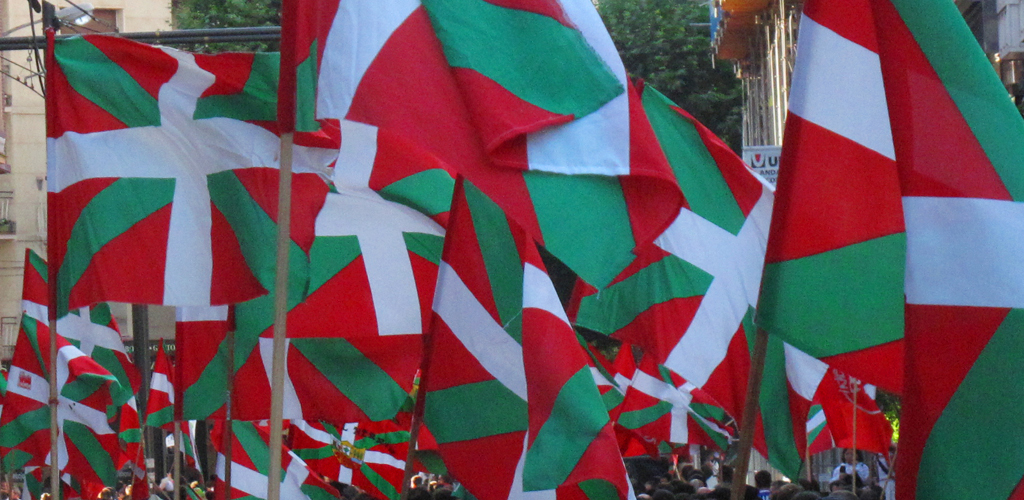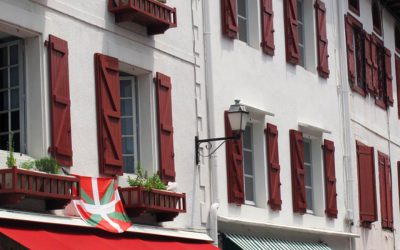The Basques have long inhabited a very small corner of the world straddled between France and Spain. There is still some debate about their ethnic origin. What makes the Basque country unique has been its ability to preserve its identity despite facing political and administrative division. One often hears the Basque country described as a “country without borders”, for it primarily identifies with its language, culture and communal traditions. Euskal Herria, the name given by the Basque people to their land, literally means “the land where the Basque language is spoken”. Even the notion of a “Basque Country” varies depending on one’s identity or political opinions. To this day, there are lively debates surrounding the concept of the Basque Country, that is, the question of whether the Basque communities of Spain and France should form one single and unified entity. There are those in the Basque country who consider themselves to be Basque first and foremost. Others, however, prefer to call themselves Spanish or French. Some carry their dual Basque-Spanish or Basque-French identities well. And then there are the people of the Spanish province of Navarre who like to remind us that they are neither Basque, nor Spanish, but clearly Navarros. This debate surrounding identity has shaped the political and social landscape of the Basque country for decades, nearly centuries, on both sides of the Pyrenees. And the end is not clearly in sight! On the other hand, this is in part what lends so much character to the Basque Country and makes it such an interesting world to discover.
The Basque Country is spread out over 20 664 square kilometres. The Pyrenees mountain range runs through it from East to West. To the North West, it opens onto the Gulf of Gascogne and the Atlantic Ocean. Over 85% of the Basque country is located in Spain, compared with 15% in France. Spanish and French language dominate the region, but the Basque Language of Euskara has recently become more recognized on both sides of the Pyrenees. In Spain, the provinces of Gipuzkoa, Biscay and Alava are part of the Autonomous Community of the Basque Country, or Euskadi. The large province of Navarre is an independent Spanish community that is separate and distinct from Euskadi. In France, the three provinces of Labourd, Basse Navarre, and the Soule historically made up the French Basque country (or Iparralde) and are now part of the department of Pyrenees-Atlantiques.





